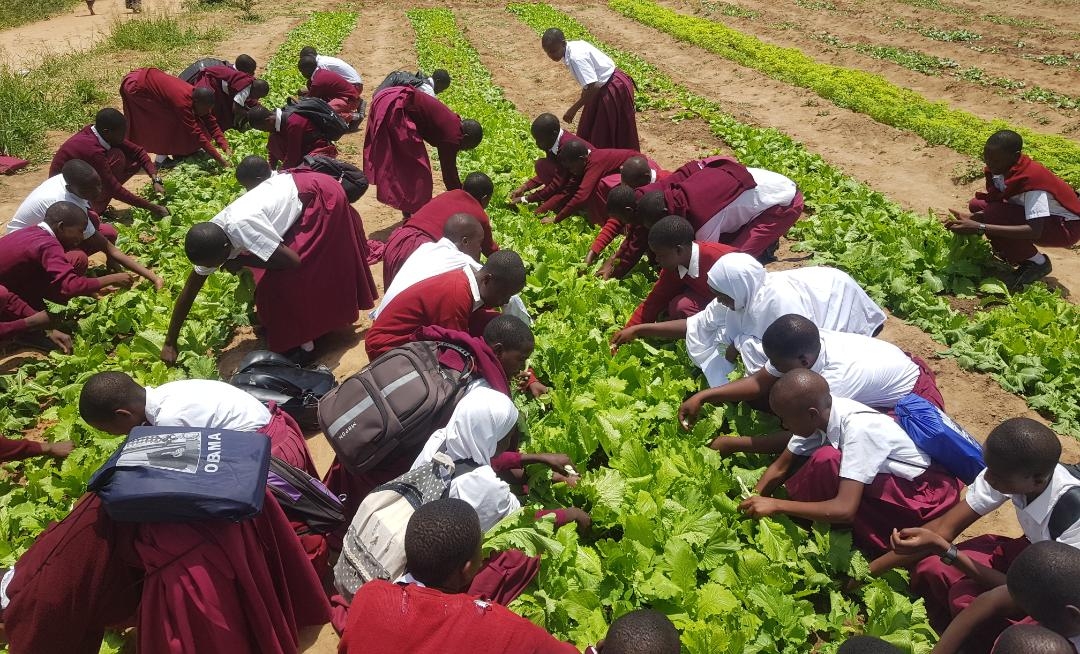
Green Skills for Youth: Towards a Sustainable World
Every year, on August 12th, the world observes International Youth Day, shining a spotlight on youth issues at the global stage and honoring the potential of young individuals as valuable partners in today’s global society.[1] According to the United Nations, young people encompass those aged between 15 and 24 years.[2] This age group consists of approximately 1.2 billion individuals, making about 16% of the total global population.2 In Tanzania, the population aged 15 to 24 years constitutes 19.2% of the entire population.[3]
Youth is recognized as a critical phase in a person's life, encompassing the transition from childhood to adulthood and is often characterized by significant physical, emotional, social, and cognitive developments. Embracing the theme of "Green Skills for Youth: Towards a Sustainable World," the distinctive challenges and prospects that young people encounter during this period highlight the significance of equipping them with eco-friendly skills and involving them in different aspects of society.
In a collaborative effort with the Harvard T.H. Chan School of Public Health and the University of Dodoma, with the generous support from the IZUMI Foundation, Africa Academy for Public Health (AAPH) embarked on a transformative journey in Chamwino, Dodoma, Tanzania. The Meals, Education, and Garden for in school Adolescents (MEGA) Project was implemented among six secondary schools. MEGA had four key components: school gardening; school meals program; and comprehensive education on water, sanitation, and hygiene (WASH), agriculture as well as nutrition. In addition to enabling youth to have a healthy meal while at school, the project empowered them with agricultural knowledge and gardening skills, so they can sustainably have good and healthy meals now and in the future. This knowledge was not limited to the youth, but was passed on to their households and the surrounding communities.
As we respond to the urgent climate crisis and pursue the Sustainable Development Goals, the significance of green skills become undeniable. It is imperative that governments, educational institutions, businesses, and communities unite to embed green skills within educational frameworks and professional training. By doing so, young people shall be equipped with the tools to catalyze innovation, promote sustainable practices, and navigate the future challenges, for Better Public Health.
